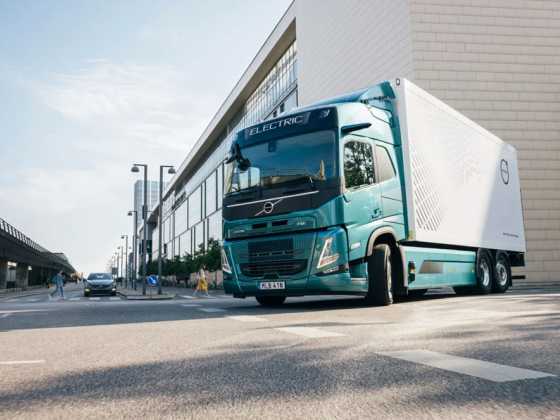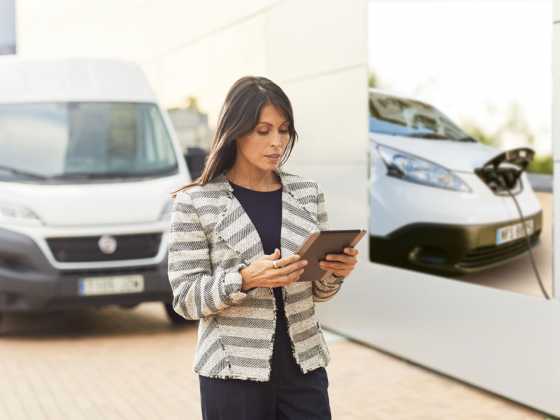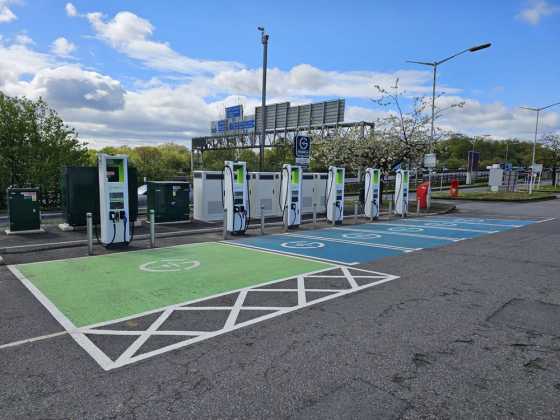Decline in drivers opting for diesel vehicles
UK drivers are slowly turning away from diesel cars as hybrid and electric vehicles develop increased popularity.
According to AA Cars, the used car website, the appetite for hybrid and electric vehicles has doubled since 2014.
In addition to this, an AA-Populus Poll found that in 2016, 18 per cent of drivers stated that they intended to buy a diesel as their next car, compared with 23 per cent in 2014.
This is said to be down to environmental concerns, the increased range of hybrid and electric vehicles and a boost in public charging points.
The number of drivers undecided about what type of fuel to pick has increased to 19 per cent last year, from 13 per cent in 2014, which mirrors the fall in popularity of diesel.
Car buyers in London, which has 11.6 per cent of the nation’s public charging connectors, were the most likely to think of low emission vehicles when buying a car (19 per cent), while less than one in ten (nine per cent) of drivers in the capital thought that their next car would be a diesel.
Over the past year, electric vehicle charging locations in the UK have increased by 19.8 per cent to 4,300. The number of charging points has also increased by 29.5 per cent over the last year, which means there are now 12,237 publicly available connectors.
Simon Benson, director of Motoring Services at AA Cars, says: “Ongoing concerns around air quality, nitrogen dioxide emissions and whether the government will bring a carrot or stick approach to diesel vehicles has all helped to drive a shift in the attitudes of car buyers.
“Zero or low emission cars are increasingly looking like a viable alternative to traditional fuel types of purely petrol or diesel as they become more affordable and easier to use on longer journeys.”
He continued: “The government’s plans to commit £35 million to help install new charge points and offer new grants to develop the charging network, announced late last year and confirmed in the Budget - coupled with higher range battery development - will help to reinforce this and, ultimately, calm fears about drivers getting stranded in the middle of nowhere.
“It’s no coincidence that this changing attitude to fuel types is accompanying a change in used car buying habits. The internet is empowering car buyers by arming them with a wealth of information, on what is available and for what price before they even reach the forecourt – whether that’s lower emissions or just a more affordable car.”



